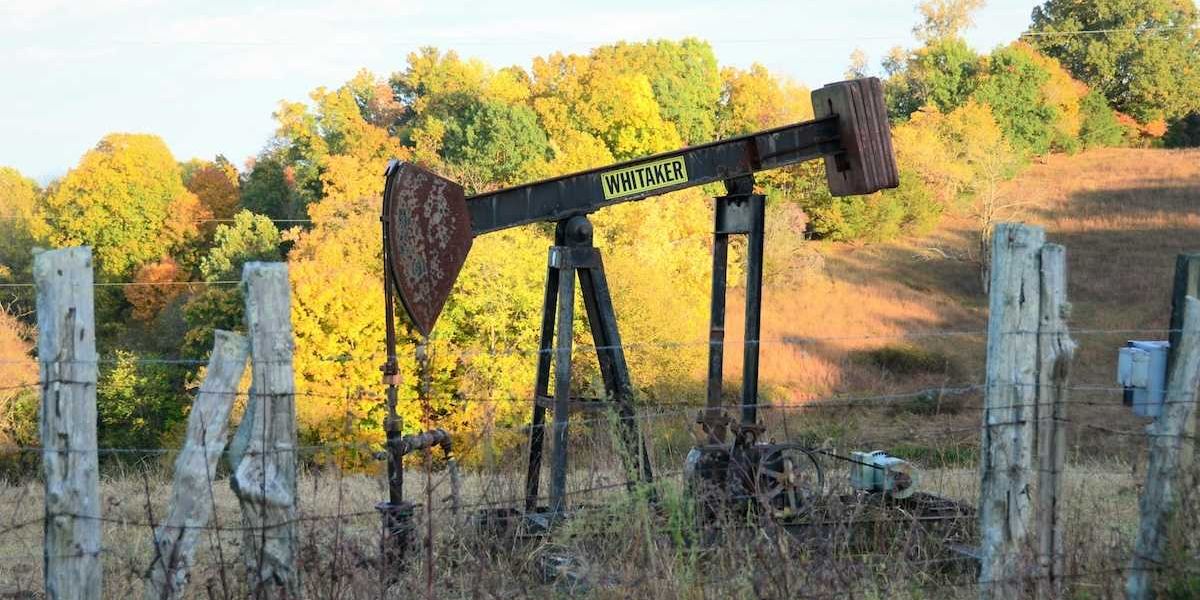EPA investigates biofuel fraud concerns
The U.S. Environmental Protection Agency is auditing renewable fuel producers for possible fraudulent use of unsustainable feedstocks in biodiesel production.
Leah Douglas reports for Reuters.
In short:
- The U.S. Environmental Protection Agency has begun auditing renewable fuel producers over concerns that some companies may be fraudulently using unsustainable feedstocks like virgin palm oil, which are labeled as used cooking oil to earn government subsidies.
- These audits were initiated after the EPA updated supply chain accounting requirements in July 2023, aimed at ensuring the authenticity of materials used in producing biodiesel, a process eligible for various state and federal incentives.
- U.S. senators have urged federal agencies to rigorously verify both domestic and imported feedstocks to maintain integrity in biofuel production and avoid undermining efforts to promote sustainable energy.
Key quote:
“EPA has conducted audits of renewable fuel producers since July 2023 which includes, among other things, an evaluation of the locations that used cooking oil used in renewable fuel production was collected.”
— Jeffrey Landis, EPA spokesperson.
Why this matters:
The integrity of biofuel production is crucial for achieving environmental goals and reducing reliance on fossil fuels. Fraudulent practices could undermine the transition to sustainable energy sources and harm environmental and economic policies designed to support renewable fuels.
Related EHN coverage:













